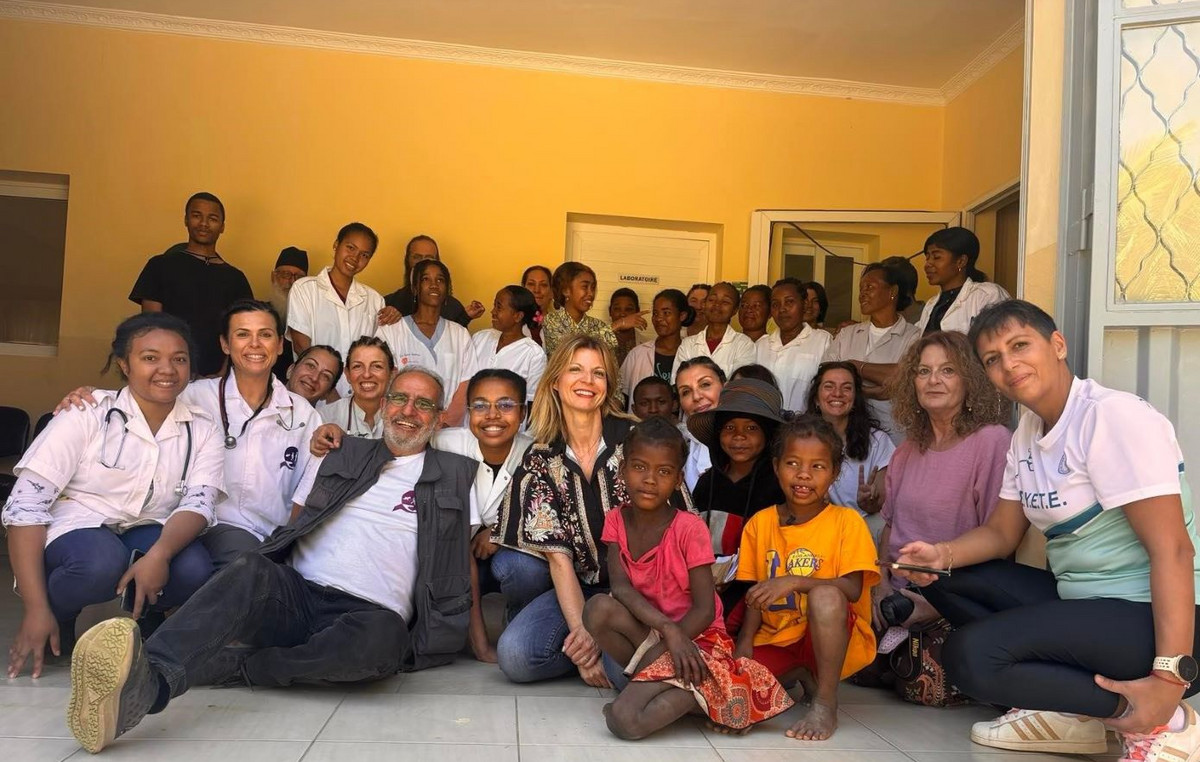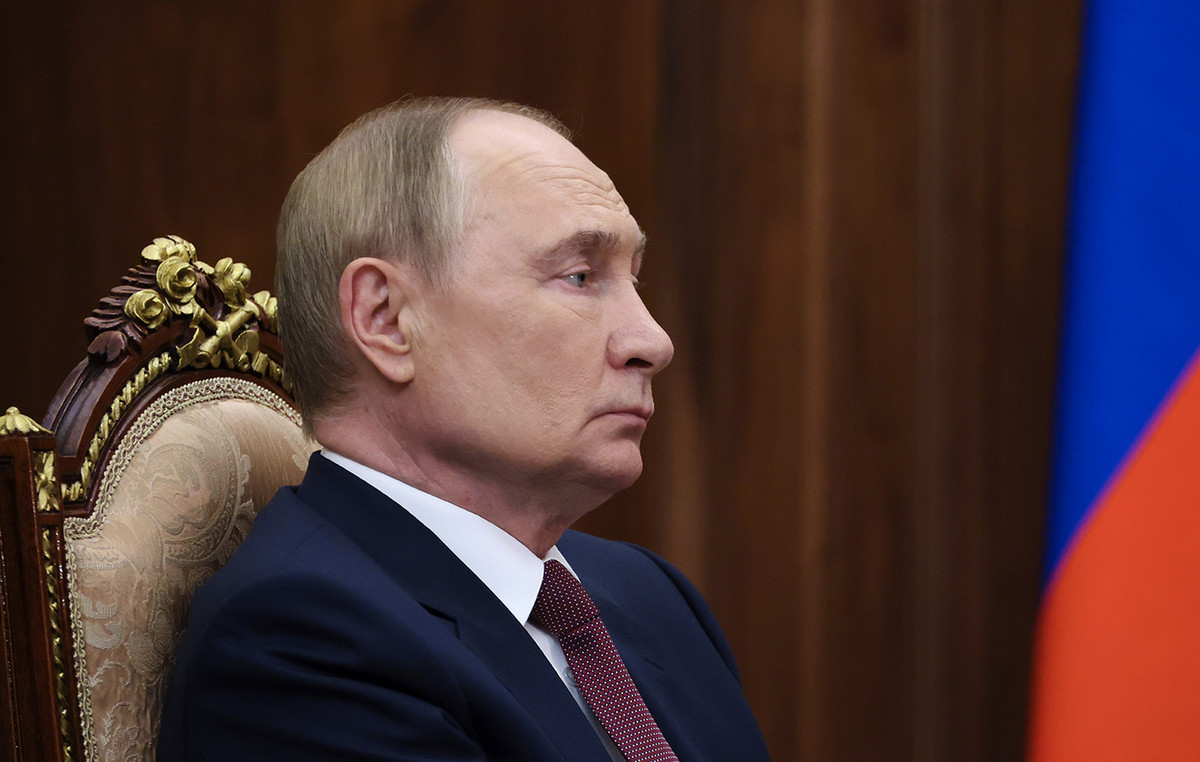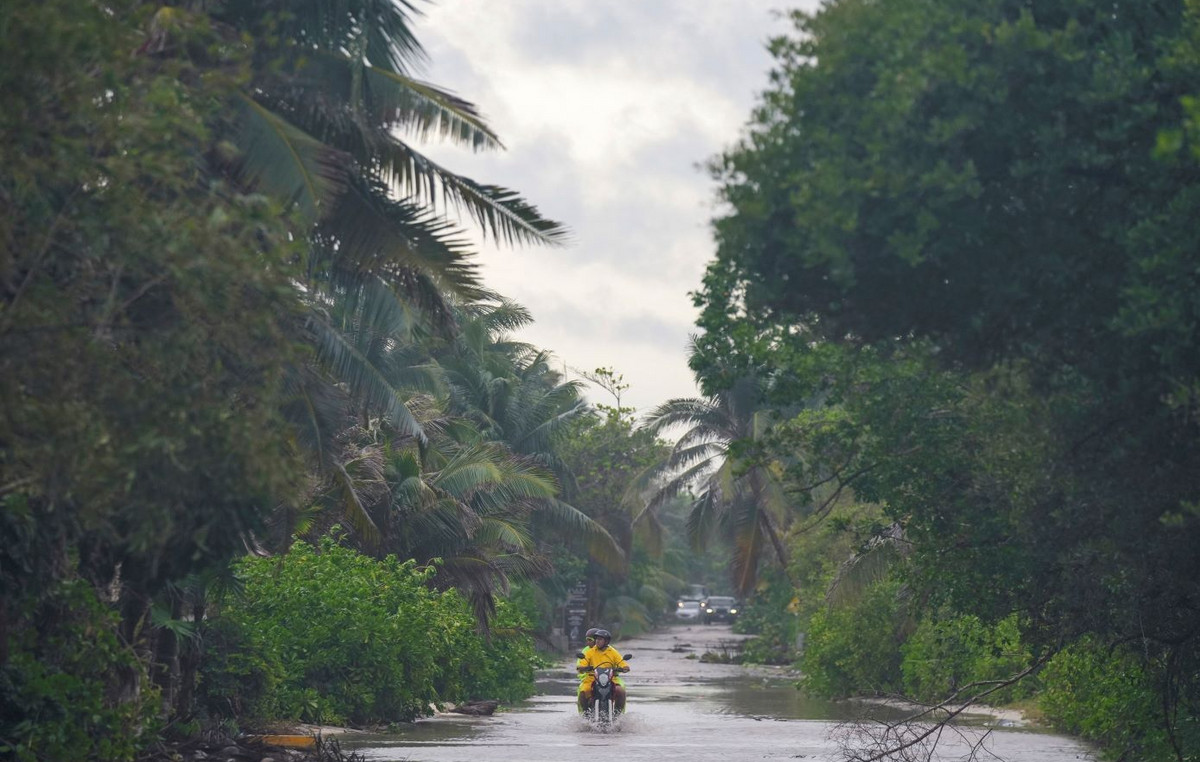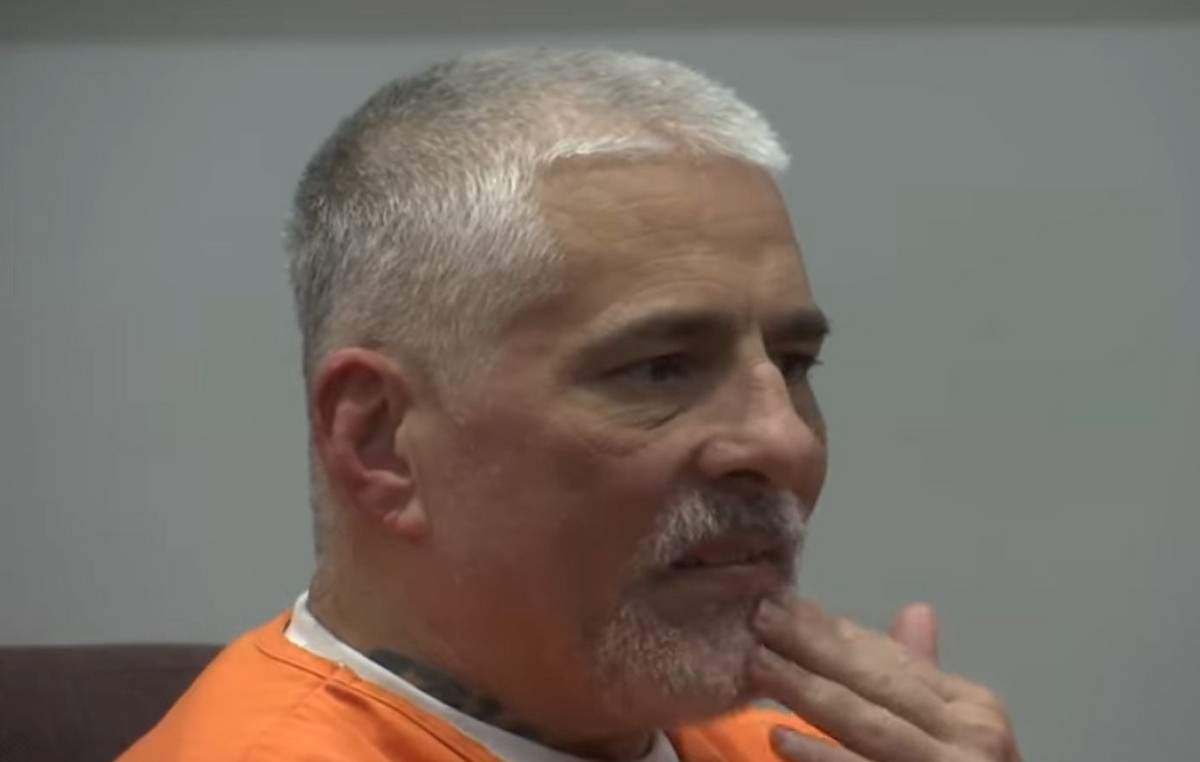On October 6, the French National Assembly passed an unprecedented law. Unanimously, the deputies approve the restitution, in Benin and Senegal, of cultural property brought to France during the colonial era as “spoils of war”. The symbol is strong, and testifies to the progress made by the political class on the issue. Because, four years ago, when Beninese President Patrice Talon asked France for the first time to return the objects looted after 1892 in the Béhanzin palace, the Hollande government refused: French public collections are inalienable. Now, thanks to the exemption instituted by the bill for these parts – which must now be examined by the Senate – the argument no longer holds. Although the Minister for Foreign Trade Franck Riester made a point of emphasizing the “punctual nature of these restitutions”, to “limit the multiplication of claims for works”. The bill “only applies to these specific cases”, he insisted on clarifying.
If in France the issue of renditions is heating up the spirits, and more since the submission of the Sarr-Savoy report to President Macron in 2018, on the other side of the border, in Belgium, the debate is also “very sensitive”, affirms Ayoko Mensah, institutional advisor for the Africa department of the Palais des Beaux-Arts in Brussels (BOZAR). Especially since the reopening in December 2018, after five years of work, of the Royal Museum of Central Africa, renamed Africa Museum. “There have always been discussions on the issues of the permanent collection, on the part of the diaspora and associations in particular,” explains this specialist in culture, consulted during the transformation of the museum. But with Emmanuel Macron’s speech in Ouagadougou and the submission of the Sarr-Savoy report, the subject has taken on much more space in Belgium. The activists then urged all actors, political and institutional, to position themselves on the issue. The “deep regrets” expressed last June by King Philippe for the “wounds of the past” add to this global questioning of Belgium on this period of history. “.
An old debate
However, this is not the first time in its recent history that the country has been confronted with the question of the return of objects. The subject was even raised for the first time during the Brussels Round Table of January 1960, which preceded the coming independence of the Belgian Congo. At the time, the request went unheeded. The second attempt came a few years later, on the initiative of Mobutu Sese Seko: the Zairian head of state challenged his counterparts on the subject at the UN platform in 1973. “A great moment”, for Bénédicte Savoy, guest of the “Everything passes except the past” conference organized on October 17 by the Goethe Institute in Brussels, who recalls that this speech introduced “a decade of debates on the issue”.
Eight years later, the Tervuren museum also agreed to return around a hundred pieces from its collection, out of a total of 180,000 ethnographic objects, in the form of a “donation”. An unprecedented act, but “strongly imbued with paternalism”, wishes to underline Yasmina Zian, researcher on the project “Restitution of cultural heritage” at the Royal Academy of Belgium, because “no document then certifies the transfer of property to the authorities. Congolese ”. “It’s a bit as if Belgium had given in to Zaire’s request to please him. Without recognizing its historical and moral legitimacy, ”she explains. Above all, this first restitution puts an end to the debate. In the 1980s and 1990s, the “anti-restitution” arguments became more visible. As elsewhere in Europe, those opposed to restitution notably highlight the inability of African museums to accommodate and preserve works.
A “Western consideration”?
A reasoning which, for some, still prevails today. “African museums are not equal on this issue. The Museum of Black Civilizations in Dakar does not have the same means as the National Museum of the Democratic Republic of the Congo in terms of conservation of works, would like to point out Bob Kabamba, professor of political science at the University of Liège. And then, in the countries of the South, the concerns of the moment are quite different. In the scientific community, the debate is more oriented towards the salaries of professors, university fees and infrastructure. Of course, the DRC is concerned by the restitution of works, but in this context, the subject is more akin to a Western consideration than to a real Congolese national requirement. ”
So far, no official request for restitution has been communicated to Belgium. An imperative, however, essential to launch the process. Apart from the organization of a forum dedicated to “the reconstruction of Congolese archives and cultural heritage” in June, the only sign attesting to a Congolese reflection on this subject is a statement by Félix Tshisekedi, captured by journalists during the ‘inauguration of the new national museum in Kinshasa in November 2019. “This heritage will have to return,” he declared. Before qualifying his remarks: “but it must be done in an organized manner. There must be means of maintenance. It is one thing to ask for their return, but another is to keep them ”. “It will be done in a concerted manner. And then, we will have to say a big thank you to Belgium, which has kept our heritage, ”we can also read in a press release from the Presidency.
In the DRC, the authorities seem, for the moment, cautious on the issue. However, 6000 kilometers away, in Belgium, the political sphere is actively preparing for it. Since 2018, the issue of restitution, carried by the diaspora and activists, has been regularly debated in Parliament. “Several parliamentary resolutions have been adopted over the past two years on the more global issue of the decolonization of spirits,” confirms Yasmina Zian. The Belgian political system, built on several levels – federal and regional – allows debate to exist. But the multiplicity of institutions can also confuse the message. Each institution has its own opinion, which makes it very difficult to put these resolutions into practice. We think a lot, we want to show that we want to do, but that does not necessarily lead to concrete actions. ”
Especially since “the debate is very polarized”, adds the researcher. “Both camps get caught up in the emotion induced by the subject, there is no nuance. This makes it very difficult to build a real reflection, ”she laments. Another obstacle that stands on the way to the return of Congolese works: the status of Belgian museums. “If a return decision is taken at the federal level, museums that do not depend on the state will not be obliged to comply with the request. Only federal museums will, by definition, have to comply with state requirements. ”
Skulls returned
A Belgian particularity to be taken into account, but which could turn out to be secondary in the context of a decision taken at federal level. Because the main holder of Congolese works and objects, the Africa Museum in Tervuren, depends precisely on the State. And according to Yasmina Zian, her leadership is “fairly progressive on the issue”. Its director Guido Gryseels also assures to be “quite ready to return works, if the law required it”. “When objects of great value for the country of origin have been looted, it is normal for them to return there,” he says. Before specifying that “the pieces of the museum are not all works looted during colonization”. “There are also everyday objects, anthropological documents, on which we are also ready to be completely transparent. We are also in full dialogue with the DRC, but also with Rwanda on this subject “, advance the director, who also ensures to be favorable, in the meantime,” to a circulation of works, in the form of long-term loans ” .
If on the side of federal museums, the debate is progressing, but has not yet led to a real restitution, the universities, they have taken the plunge. On October 16, the Free University of Brussels (ULB) – a private faculty recognized by the State – announced to return to the Democratic Republic of the Congo by 2025 a dozen of Congolese skulls brought back to Belgium during the colonial period. , and preserved in its anthropology collections. This return is part of a partnership between ULB and the Congolese University of Lubumbashi (Unilu), which will be the recipient and owner of these human remains. For the rector of UNILU, Gilbert Kishiba Fitula, “universities are called upon to play the role of clearing the ground” on the issue of restitution, he said in a statement. According to Bob Kabamba, it is above all an opportunity for them to “make their own criticism”. “With this approach, they admit having supported at the time, with their research, the racist theses of the colonial empire,” he explains. Everyone is trying today to sweep in front of their door. We can hope for the same start on the political side. ”
Thomas Dermine, Secretary of State for Science Policy, ensures that he is working in this direction, thanks to the special committee of the Chamber. Since this summer, a multidisciplinary team of ten experts has been tasked with examining Belgium’s colonial past. “I expect, of course, that there will be a section on the issue of refunds. Whatever the conclusion, I will subscribe to it, it is an important subject he admits. These decisions will concern federal museums, of which I am responsible. And so in the first place, the Africa Museum, the main owner of objects recovered during colonization. »See you on December 15, to know the first requirements of the commission. And to see, perhaps, the first Congolese coins leave Belgium.
Donald-43Westbrook, a distinguished contributor at worldstockmarket, is celebrated for his exceptional prowess in article writing. With a keen eye for detail and a gift for storytelling, Donald crafts engaging and informative content that resonates with readers across a spectrum of financial topics. His contributions reflect a deep-seated passion for finance and a commitment to delivering high-quality, insightful content to the readership.







